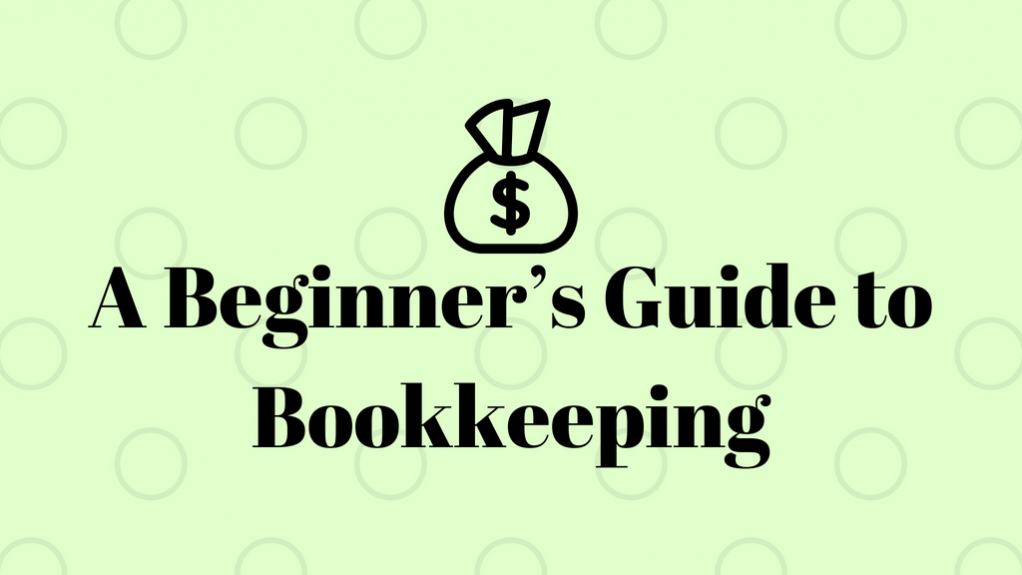If you’re running a small business, accurate bookkeeping is a necessity.
From budgeting to efficient money management, bookkeeping provides you with the information needed to run your small business better. So, what is bookkeeping and do you need to hire a professional CPA to assist with your books?
What is Bookkeeping?
Bookkeeping refers to the process of recording your company’s financial transactions. It’s the accounting process of tracking exactly how your business spends money and where and when revenue is created.
Why is it Important to Maintain Current and Accurate Records?
Your financial books should be a living document that is updated on a regular basis. However, many small businesses struggle to keep their financial records up-to-date or do so inaccurately. Without accurate financial records, it can be impossible to assess the financial health of your business. Moreover, without proper bookkeeping, small businesses may struggle to understand their cash flow.
Bookkeeping is vital to your strategic decision making, but it also plays a large role when filing your annual business taxes. Accurate records will streamline the tax filing process for your CPA and provides them with ample information to make sure you are awarded the tax deductions for which you are eligible.
Finally, it’s important to maintain clean records in the event that you decide to apply for a small business loan. Acquiring a business loan is a financing option for businesses looking to expand quickly and efficiently. However, banks and lenders will struggle to trust an organization that cannot provide detailed records proving their income and profitability.
A Beginner’s Guide to Bookkeeping
Now that you’re aware of the benefits of keeping accurate records let’s take a look at what the actual process looks like. Here are five simple tips to help you improve your bookkeeping.
1. Separate Your Personal and Business Finances
Too often, small business owners fail to draw a line between personal and business finances. To avoid any headaches, make sure you clearly distinguish between the income and expenses of your business versus yourself.
This will not only make it easier to keep track of your business but more importantly, it can reduce your personal liability. Limited liability companies (LLCs) that do not maintain a clear distinction between their business and personal finances can be held personally liable for debs from the business. This can be avoided by creating separate bank accounts and separating transactions.
2. Choose a Bookkeeping Method
In general, there are two types of bookkeeping systems:
- Single-entry. The single-entry method tends to be more popular among the DIY crowd. That’s because it works well if your bookkeeping needs are straightforward. You’ll simply record entries once as an input or output.
- Double-entry. A double-entry system is a bit more complex. Simply put, you’ll make two entries for every transaction – a debit and a credit. Admittedly, the double-entry method can be a bit complicated at first, but it does provide a more robust method of accounting for your business transactions and is ideal for more complex companies.
There isn’t necessarily a right or wrong method. What’s important is that you choose the system that best suits your business.
3. Cash or Accrual Accounting?
The next decision to make is whether you’ll use a cash or accrual accounting.
If you use cash accounting, you’ll only record transactions when cash changes hands. (Cash includes anything from physical currency to electronic funds.)
An accrual accounting method is necessary if you’re going to offer your customers credit or allow them to pay at a later date. With this type of system, you’ll record purchases or sales immediately, even if money hasn’t been exchanged yet.
4. Organize Transactions
Categorize every transaction as you enter them into your books. In general, transactions will fall into one of the following six categories:
- Assets
- Liabilities
- Equity
- Revenue
- Expenses
- Costs
5. Store Documents
Even after you’ve diligently logged and categorized every transaction, you should save the supporting documents (e.g., receipts, invoices, etc.). These can become important when filing taxes, if you are audited, or if your books are damaged or compromised. Create a system for storing these supporting records in case you ever need to access them in the future.
If you’re looking for bookkeeping help, contact Rivero, Gordimer & Company, a local CPA Firm in Tampa, Florida.




